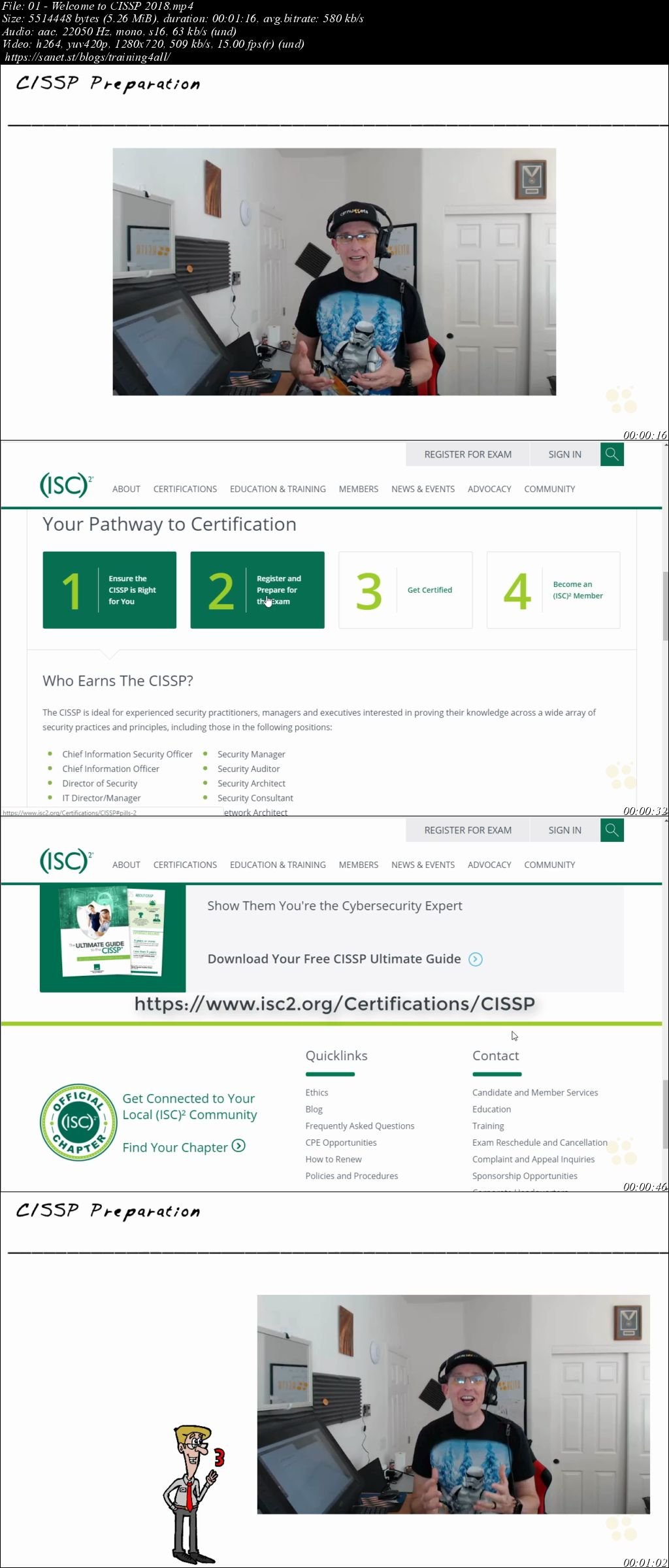

It's an entry-level certification from ISACA that verifies the candidate's comfort with what ISACA calls the five essential IT-related job domains: Computing, Networks and Infrastructure, Cybersecurity, Software Development, and Data Science. The ITCA stands for Information Technology Certified Associate. Read on and find out if the ITCA is worth it for you and your IT career. It's a new certification, and earning it can be tricky and even expensive, though. Its job is to check if the person who earns it has the necessary fundamental skills to be a valuable addition to an IT team. The Information Systems Audit and Control Association (ISACA) developed the entry-level ITCA or Information Technology Certified Associate certification. Good news! Someone went and did just that. If only someone would just lay out the basic requirements and expectations for any entry-level job in the IT world and make an exam to test you on it so you know if you're ready or not. For information technology students, the weird words, tough concepts, and tricky mathematics can make learning about technology a nightmare. For newcomers to the IT job market, it can feel like there's no way to get experience without already having it. CCNA training will help experienced professionals refresh their skills and prepare for recertification.The world of Information Technology and Information Services (IT/IS) can be a scary one for someone on the outside. That’s why Cisco requires regular recertification for CCNA professionals. But in the fast-paced telecommunications industry, a good deal of the technology changes every year. The technologies associated with Cisco routing and switching have been around for a long time now. The course is both broad and deep, covering important topics in a way that prepares you for the challenging CCNA exams.Įxperienced network administrators. Our CCNA training lays it all out for the new network professional.

From subnetting to spanning trees, there is a lot to study and understand. Learning networking technologies for the first time can seem like a daunting task. This 200-301 CCNA course is valuable for new IT professionals with at least a year of experience with networks and experienced network administrators looking to validate their Cisco skills. This CCNA training is considered associate-level Cisco training, which means it was designed for junior network administrators. Device management using AAA (authentication, authorization, and accounting) with TACACS+ and RADIUS.Device monitoring protocols, including SNMPv2 and SNMPv3.Quality of server (QoS), including marking, shaping, and prioritization of voice, video, and data.WAN technologies, such as PPP, MLPPP, PPPoE, and GRE.VLANs, STP, and EtherChannel (static, PAGP, and LACP).Routing protocols, including OSPFv2 for IPv4, OSPFv3 for IPv6, EIGRP for IPv4, and EIGRP for IPv6.200-301 CCNA: What You Need to Knowįor any network administrator using this training for exam preparation, our CCNA course maps to the Cisco 200-301 CCNA exams objectives, and covers topics such as: Note: Within the virtual lab, if you exit Enable mode, use ‘Bob’ as the username. After taking this CCNA course, you'll be ready to take the 200-301 CCNA, and validate the entry-level skills expected of a network administrator.įor anyone who manages network administrators, this training can be used for 200-301 CCNA exam prep, on-boarding new network administrators, or as part of a team training plan. In this entry-level Cisco CCNA training, Keith Barker, Jeremy Cioara, and Chuck Keith prepare learners to take the 200-301 CCNA exam - the one exam required to earn the Cisco Certified Network Associate certification.Ĭisco technologies are everywhere, which means properly trained professionals with the CCNA certification will continue to be sought after.


 0 kommentar(er)
0 kommentar(er)
